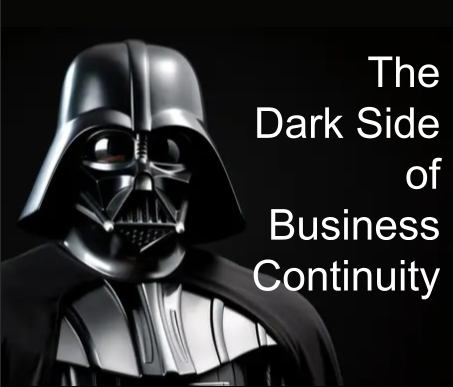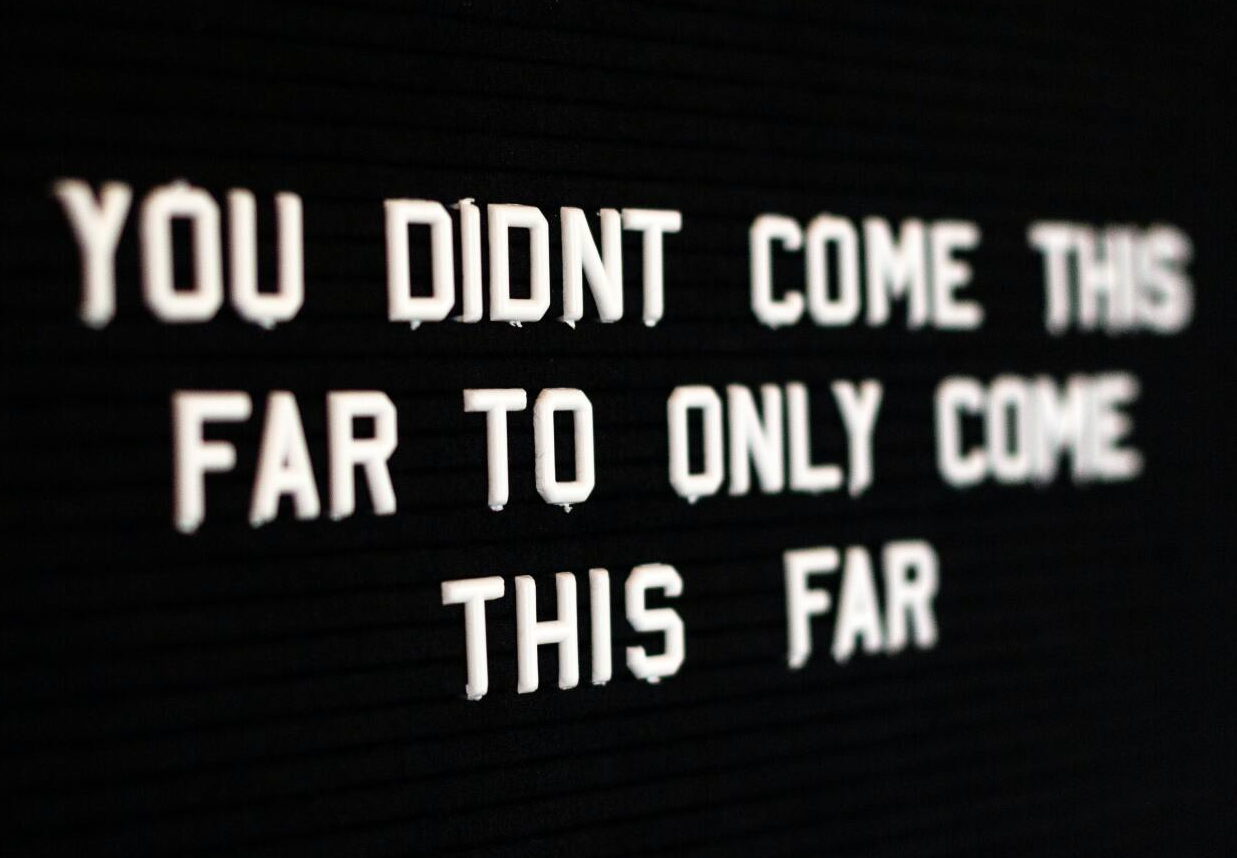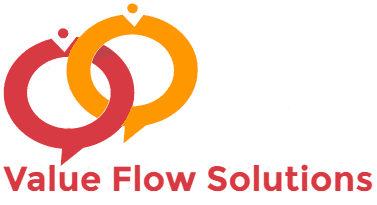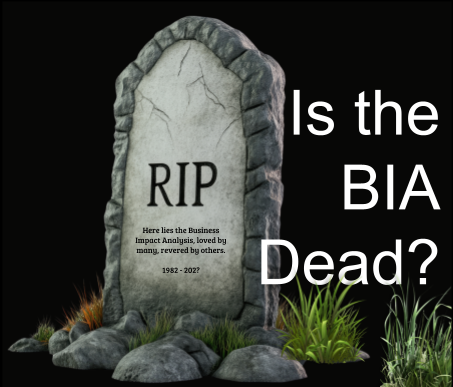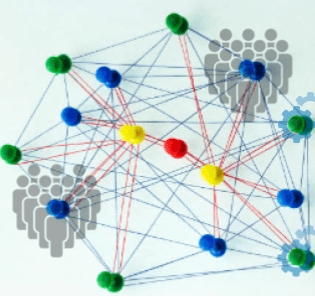The VFS Personal Agility Programme
Improving yourself with the intention of improving your entire team.

What is Personal Agility?
There’s been an increasing use of the term Personal Agility in recent years. Typically it focuses on Personal Effectiveness. Whilst this is a key part of our programme, we also consider how Personal Agility should help to make teams more effective as a whole.
Personal Agility is a collection of key knowledge and personal skills that each and every individual should possess to be able to help their team become high performing.
The skills make team interactions more effective and the knowledge helps to recognise the missing conditions (the Environmental Enablers) that are needed for teams to be truly high performing.
Leadership is everyone’s business, not just the preserve of those in positions of authority. Everyone can be taught the basics of powerful coaching techniques and when used in conjunction with catalyst skills will help make their team something truly greater than the sum if its parts. Understanding the environment that your team creates for itself and the essential conditions that need to surround your team, from stakeholders' behaviour, company culture, workplace constraints, business processes and measures of success - for example - is essential if a group of individuals are to come together and really perform. And of course, we all need role models to look up to, to learn from and to inspire us to be better.
The Personal Agility Programme is part of our 'Transition 2 Teal' suite of training and consulting packages.
Read more about Teal Organisations
The toolkit is structured around five roles, each of which have their own toolkit. An individual will be able to assume these roles, changing between them seamlessly. As a result, they will be able to demonstrate vital behaviours and use a range of skills and techniques to help their team perform at the highest level. These roles are referred to as:
- The Leader
- The Coach
- The Catalyst
- The Environmental Crusader
- The Role Model
Want to know more? Just drop our friendly team an email at
enquiries@ValueFlowSolutions.co.uk or contact us
here.
